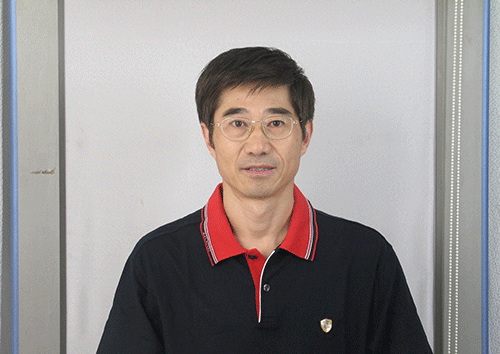Dr Yang Ganfu
Sun Peisong
At the 2022 World Economic Forum in Davos, George Soros, the Hungarian-born American investor, sold once again his unique idea of “the struggle for an open society and a closed society.
He said, “repressive regimes are now in the ascendance and open societies are under siege”.
“Today, China and Russia present the greatest threats to open society.” The world is becoming involved in a struggle between two contrasting systems of governance.
He claims China’s economic and market regulation in recent years will “eliminate people who have accumulated a lot of wealth,” and called for reforming China with an open society.
This is not the first time Soros criticised China.
Soros has been expressing his negative views on China in his articles and speeches since the second half of 2021.
Because the Chinese government has refused him to intervene in China’s reform affairs, he has complained about China, and publicly claimed that “the Chinese people’s ethics are completely contrary to the concept of an open society”.
China has become the greatest danger to an open society,” Soros said at a seminar in January 2022, and that the Chinese regime is “in the hands of loyal believers of communism.”
So, Chinese leaders should be replaced by people pursuing the Western line.
The international community “should do its best to encourage China to move forward in this ideal direction”.
He said in a 2019 article in the Wall Street Journal, “As the founder of Open Society Foundations, I am more interested in defeating China today than I am concerned about the national interests of the United States”.
Soros has a daydream to change the nature of China’s regime.
Facts speak louder. China’s economic progress has provided the impetus for global growth.
Both developing and developed countries have benefited from China’s development.
Most people in finance and investment fields admit this reality.
Soros represents just a few rich elites with anti-China sentiments.
Soros’ hostilities to China reflect his concerns to continuously bag his wealth in China, also his setbacks in China, and his nostalgia for a time when he could do whatever he wanted with his transnational capital.
Soros is of contradiction.
On the one hand, he is like a political figure, consistently supporting anti-government people in some countries and helping them with “democracy”.
On the other hand, he is like a scholar with ideals, holding high the banner of pursuing an “open society”.
He enjoyed his moments of breakfast with one president and dinner with another in the evening.
Revolutionary opportunities and abundant money help him produce explosive gains.
He said he loved England but in 1992 he was accused of ‘taking money away from every British taxpayer’.
He said that he loved the people of the Soviet Union, and he established a foundation in the Soviet Union in 1987.
In 1994, when the shares of the Soviet state-owned enterprises were distributed to the people in large quantities in the privatisation plan, he made a big profit there.
When he was reprimanded for the robbery of capitalism, he said, “In the financial markets, I do not care about moral issues”.
He has once established his foundations in 25 countries, mostly in Eastern Europe.
In 1984, Soros established a branch in Hungary.
But the tricks Soros played were so maddening that the Hungarian Prime Minister Orban cracked down on the various forces funded by Soros to stabilise the regime.
In May 2018, the Soros Open Society Foundation closed its Budapest branch.
In Ukraine, Uzebekistan and other countries colour revolutions took place, respectively.
Uzbekistan is known for its cotton production in Central Asia.
In Uzbekistan, the Open Society Foundation has invested more than 40 million US dollars.
In 2005, Western countries attempted to initiate a colour revolution through the Andijan riots in May 2005.
But in vain.
Thus, they made a fuss about the cotton issue in 2007.
Western media led by the BBC fabricated news about Uzbekistan cotton industry.
They accused Uzbekistan of compulsory child labour and slave labour, claiming that forced labour is a kind of “intentional national policy of Uzbekistan”.
Subsequently, many organisations, multinational companies and suppliers in Europe and the United States came up to boycott Uzbekistan cotton.
Soros’ hostilities towards Uzebekistan remind the readers of the Western dirty game against China.
The cotton turmoil caused by Western countries in Uzbekistan in 2007 was a preview and replica of the cotton turmoil in Xinjiang in the past two years.
Organisations like Soros Open Society Foundation use social welfare as a stepping stone and huge financial capital as a paving stone to control the world media system, covering up their mission of ‘colour revolution’.
In the so-called “Occupy Central” incident in Hong Kong a few years ago, Soros also secretly donated money to the School of Law of the University of Hong Kong, which was at the centre of the storm.
No wonder the west accused China of abusing protesters’ rights.



